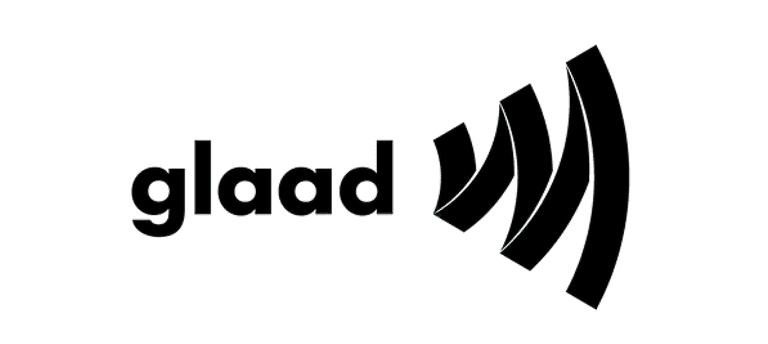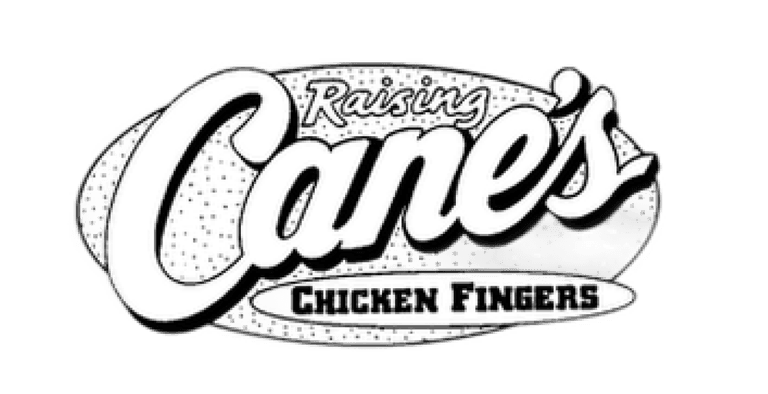Unfair Business Practices
Embark on a journey to explore the realm of unfair business practices, where ethical and legal boundaries intersect. Dive into the complexities of deceptive marketing, anti-competitive behavior, and exploitative tactics employed by businesses.

The "Rule of Reason" Standard in Antitrust Law
In the 1911 Standard Oil ruling, the US Supreme Court broke up the company for antitrust violations and established the "rule of reason" standard. This standard evaluates whether a practice unreasonably restricts trade, considering factors like market power and impact on competition.

Explore the link between unfair business practices and corporate structure. Analyze how organizational frameworks can shape the prevalence of unethical conduct.
Mergers and acquisitions designed to lessen competition or create a monopoly involve companies combining their operations in a way that reduces market competition. This can result in higher prices, reduced innovation, and fewer choices for consumers, as the newly formed entity may exploit its dominant market position to the detriment of competitors and consumers alike.
Interlocking directors occur when members of a company's board of directors also serve on the board of a competing company. This can create conflicts of interest and lead to anticompetitive behavior, as the directors may share sensitive information or make decisions that benefit one company at the expense of the other.
Deceptive advertising involves the use of false or misleading claims in promotional materials to attract customers. Such practices can distort the market, lead to unfair competition, and harm consumers who rely on accurate information to make informed decisions.

Understanding "Per se" Antitrust Violations
"Per se" antitrust violations are actions deemed inherently anticompetitive and illegal, regardless of their actual effect on competition or any justifications provided by the parties involved. In other words, the mere act of engaging in these activities is sufficient to establish a violation of antitrust laws without needing to prove they resulted in actual harm to competition or consumers. Some examples include price fixing, bid rigging, and group boycotts, amongst others.
Signs of Deceptive Advertising
Deceptive advertising can mislead consumers and harm their decision-making process. It is important to be aware of the signs that indicate potential deception. By understanding these signs, consumers can make informed choices and protect themselves from misleading marketing practices.
Here are some myths to look out for:
- -
False or misleading claims
- -
Omission of important information
- -
Unrealistic promises
- -
Manipulative visuals or testimonials
- -
Fine print discrepancies

Become aware of Unfair Business Practices with Antitrust Training
Antitrust training sheds light on unfair business practices, equipping individuals with the knowledge to identify and address anti-competitive behaviors. By understanding deceptive practices, collusion, and monopolistic actions, participants can promote fair competition and contribute to a transparent business environment. Get acquainted with the world of unfair practices through antitrust training and safeguard the integrity of the marketplace.

Helping over 8,000 organizations create a safer, more productive workplace
Dive into the world of antitrust laws, analyzing the agencies that regulate them, common antitrust violations and violation penalties, and best practices for remaining in compliance. This course covers:





















